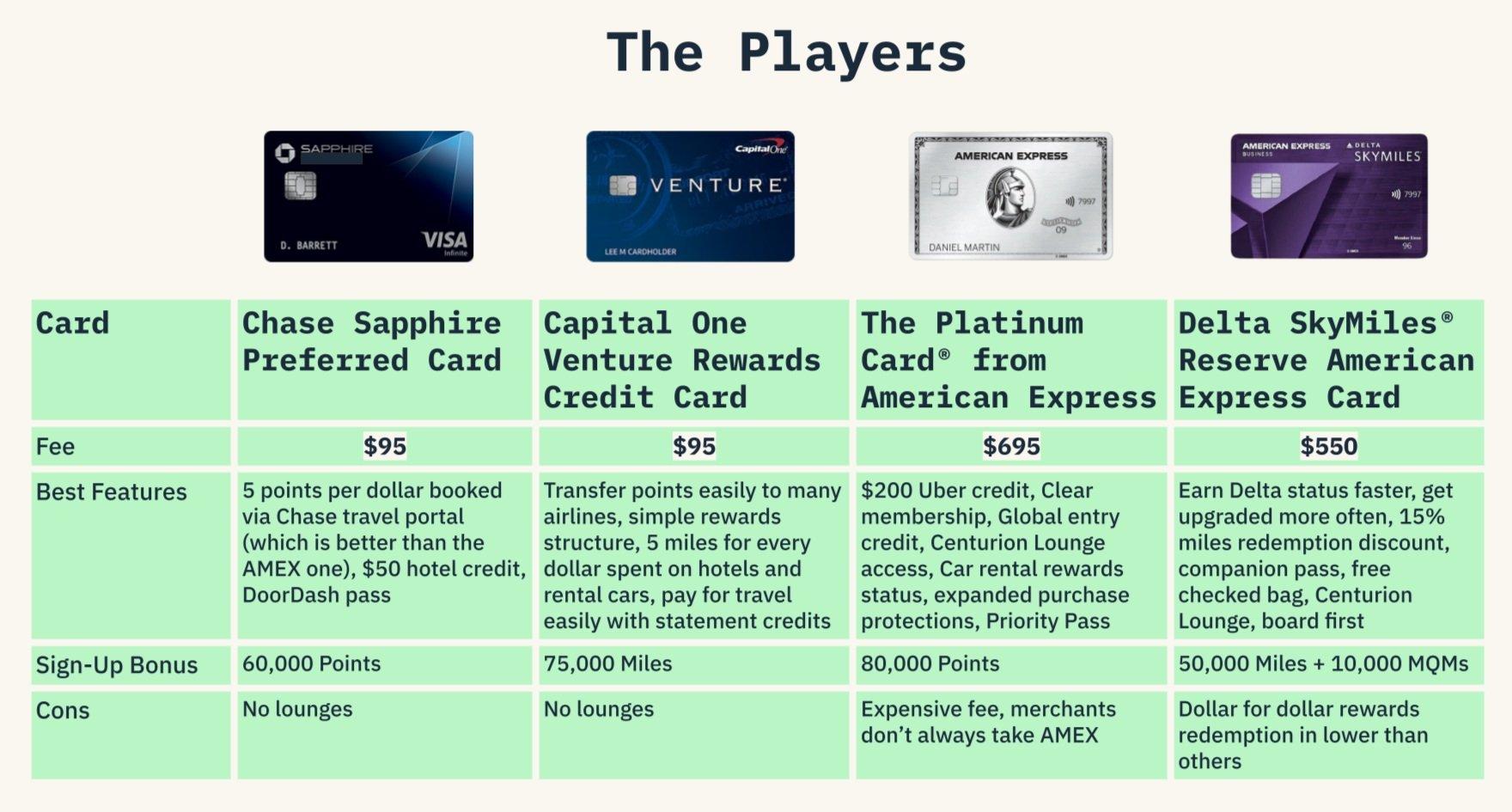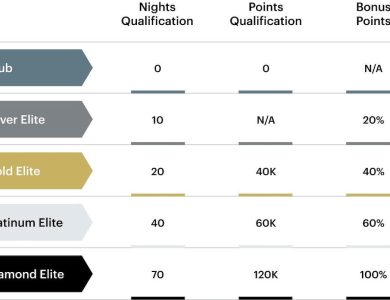
In an era where travel has become more accessible than ever, loyalty programs have emerged as a cornerstone of the airline industry, offering travelers a myriad of incentives to choose one carrier over another. Among these, travel points programs stand out, promising rewards ranging from free flights to exclusive perks for their most loyal customers. However, an intriguing question arises: do these programs disproportionately favor frequent flyers, leaving occasional travelers at a disadvantage? This article delves into the mechanics of travel points systems, analyzing their structure, benefits, and the extent to which they cater to frequent travelers. By examining the underlying incentives and economic implications, we aim to provide a comprehensive understanding of whether these programs truly level the playing field or inherently skew towards those who traverse the skies most often.
Understanding the Structure of Travel Points Programs
To truly grasp the dynamics of travel points programs, one must delve into their intricate structure. These programs are designed with multiple tiers that often cater to a wide range of travelers. At their core, they operate on a points accumulation system, where points are earned based on several factors such as distance traveled, ticket class, and sometimes, the airline’s strategic partnerships with hotels and car rental services. This accumulation method allows both casual and frequent flyers to benefit, albeit at different scales.
- Tiered Membership Levels: Most programs have a tiered structure, with each level offering distinct benefits. As members ascend through the tiers, they unlock perks such as priority boarding, lounge access, and additional baggage allowances.
- Bonus Point Opportunities: Frequent flyers often benefit from bonus point opportunities that are periodically offered. These can include double points for specific routes or promotions linked to special events or seasons.
- Partnerships and Alliances: Strategic partnerships with hotels, car rental agencies, and even credit card companies can provide additional avenues for earning points, often favoring those who travel more frequently.
While the structure of these programs inherently rewards loyalty and frequent travel, they also offer occasional travelers the chance to reap benefits, albeit at a slower pace. Thus, understanding this structure is crucial for maximizing one’s travel rewards.

Analyzing the Benefits for Frequent Flyers
Frequent flyers often find themselves in a unique position when it comes to travel points programs. These programs are tailored to reward loyal customers, and frequent travelers can reap a plethora of benefits. For starters, elite status is one of the most coveted advantages. This status often comes with perks such as priority boarding, complimentary upgrades, and access to exclusive airport lounges. Such benefits not only enhance the travel experience but also provide significant value over time.
- Increased Earning Potential: Frequent flyers can accumulate points at a faster rate, thanks to bonus multipliers for each mile flown.
- Flexibility and Redemption: With a higher volume of points, these travelers can enjoy more flexibility in redeeming their rewards, from free flights to hotel stays.
- Special Promotions: Frequent flyers are often the first to know about special promotions, allowing them to maximize their benefits even further.
While these benefits clearly cater to those who travel often, it’s essential to analyze whether the cost of achieving and maintaining such status is justified. For frequent flyers, the investment in time and money can lead to substantial returns, making these programs highly advantageous.

Evaluating the Accessibility for Casual Travelers
When it comes to assessing how travel points programs serve casual travelers, it’s crucial to look beyond the enticing promotional material. While these programs often market themselves as universally beneficial, a deeper dive reveals a more complex landscape. Casual travelers, who may only embark on a few trips a year, often find themselves at a disadvantage when it comes to reaping substantial rewards. Expiration policies, high redemption thresholds, and limited point-earning opportunities are some of the hurdles they face. The balance between effort and reward may not always favor the infrequent flyer, leaving many casual travelers questioning the true value of participating in these programs.
Additionally, the intricacies of point accumulation can be a deterrent for those not well-versed in the nuances of loyalty programs. For casual travelers, understanding the following elements can be pivotal:
- Point Valuation: Grasping the worth of points and how they translate to tangible benefits.
- Flexibility: Evaluating whether points can be easily redeemed for flights, hotels, or other travel-related expenses.
- Tiered Membership: Understanding the impact of membership tiers on point earning and redemption capabilities.
By examining these factors, casual travelers can better navigate the often complex world of travel points programs and make informed decisions about their participation.
Recommendations for Maximizing Travel Points Benefits
To truly unlock the full potential of travel points programs, it’s essential to adopt a strategic approach. Here are some key recommendations to ensure you’re making the most out of your travel rewards:
- Understand the Program Rules: Each travel points program comes with its own set of rules and benefits. Familiarize yourself with these to avoid missing out on potential rewards. Pay special attention to expiration dates and transfer options.
- Align Spending with Earning: Maximize your points by using credit cards that offer bonuses for travel-related expenses. Many cards offer additional points for specific categories such as dining, groceries, or fuel, so ensure your spending aligns with these opportunities.
- Take Advantage of Promotions: Programs frequently offer promotions or bonuses for activities such as booking within a certain time frame or staying at partner hotels. Stay updated with newsletters or app notifications to capitalize on these limited-time offers.
- Combine Points with Cash: Sometimes, using a combination of points and cash can offer better value than redeeming points alone. Evaluate each booking to find the most cost-effective option.
- Join Loyalty Programs: Enroll in frequent flyer and hotel loyalty programs to earn additional points and benefits, such as room upgrades or free checked bags, which can enhance your overall travel experience.



